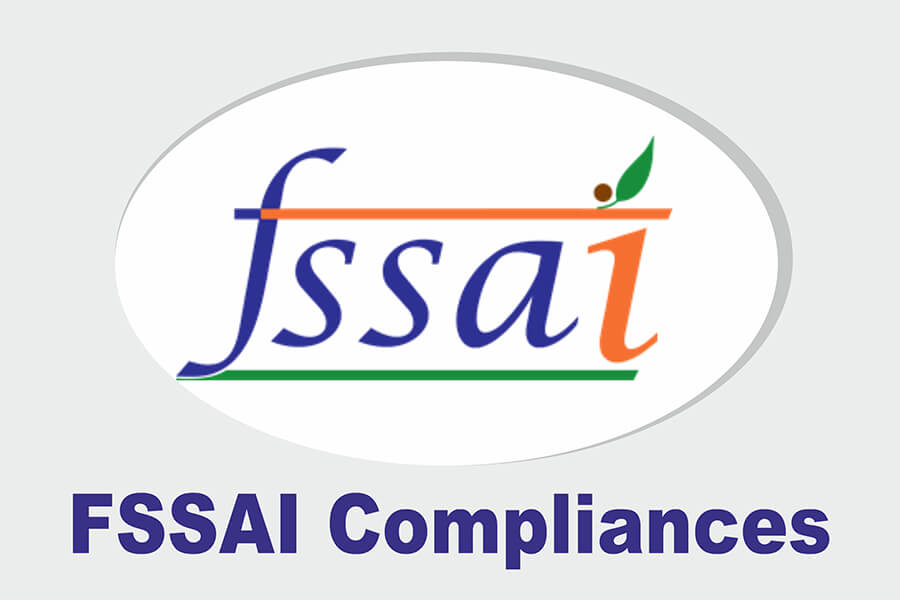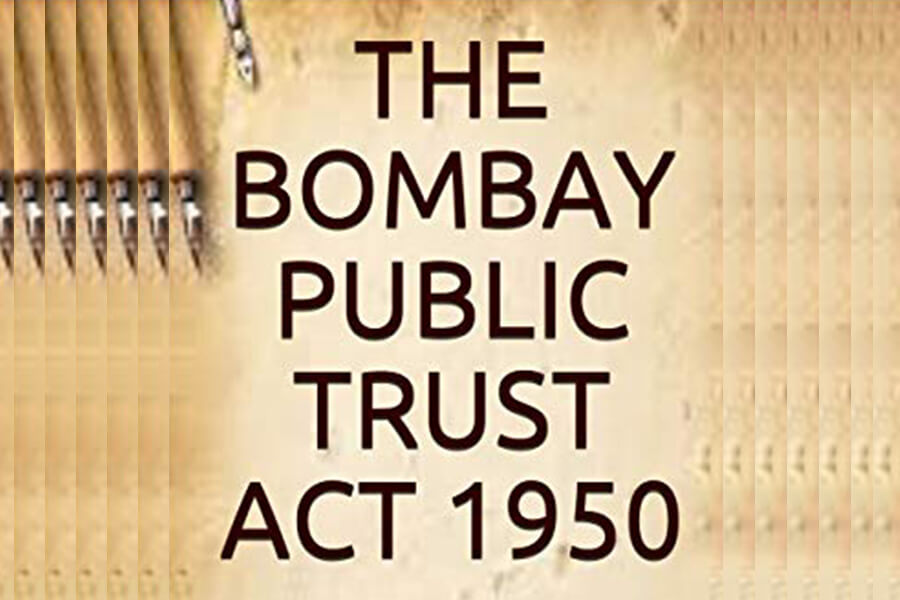
Rera Act Compliance
Rera Act Compliance
Government of India has enacted the Real Estate (Regulation and Development) Act 2016 and all the sections of the Act shall come into force with effect from May 1, 2017. Under this Act, Government of Gujarat established Gujarat Real Estate Regulatory Authority (GUJRERA), for regulation and promotion of real estate sector in the State of Gujarat. The key components of Real Estate (Regulation and Development) Act, 2016 are as follows:
1. Real Estate Regulatory Authority and Appellate Tribunal
Under this Act, appropriate government shall establish Real Estate Regulatory Authority for regulation and promotion of the real estate sector in the State / UTs. The Authority shall strive to facilitate the growth and promotion of a healthy, transparent, efficient and competitive real estate sector while protecting the interest of allottees, promoters and real estate agents. The authority shall also establish an adjudicating mechanism for speedy dispute redressal regarding registered real estate projects. The key responsibilities of the Authority shall be as follows:
- Ensuring Disclosures of Real Estate Projects by Promoters
- Real Estate Projects Registration
- Real Estate Agents Registration
- Complaints Redressal
Provide recommendations to appropriate Government on in matters relating to the development & promotion of real estate sector;
The appropriate Government shall also establish Appellate Tribunal to hear appeals from the decisions, directions or orders of the Real Estate Regulatory Authority. Any person aggrieved by any direction or decision or order made by the Authority or by an adjudicating officer may file an appeal before the Appellate Tribunal and the appeal shall be dealt with by it as expeditiously as possible and endeavour shall be made by it to dispose of the appeal within a period of sixty days.
2. Real Estate Projects Registration
All commercial and residential real estate projects will have to register except in projects where area of land proposed to be developed does not exceed five hundred square meters number of apartments proposed to be developed does not exceed eight inclusive of all phases promoter has received completion certificate for a real estate project prior to commencement of this Act for the purpose of renovation or repair or re-development which does not involve marketing, advertising selling or new allotment of any apartment, plot or building, as the case may be, under the real estate project.
No promoter shall advertise, market, book, sell or offer for sale, or invite persons to purchase in any manner any plot, apartment or building, as the case may be, in any real estate project or part of it, in any planning area within Gujarat, without registering the real estate project with the Gujarat Real Estate Regulatory Authority(GUJRERA). Promoter of ongoing real estate projects, in which all buildings as per sanctioned plan have not received Completion Certificate, shall also be required to be registered for such phase of the project which consists of buildings not having occupation or completion certificate.
If any promoter fails to register as per Act, he shall be liable to a penalty which may extend up to ten per cent of the estimated cost of the real estate project. On continued violation, he shall be punishable with imprisonment for a term which may extend up to three years or with fine which may extend up to a further ten per cent of the estimated cost of the real estate project, or with both.
Apart from Registration, the promoters shall be required to provide quarterly updates on the status of the project to the authority.
3. Real Estate Agents Registration
All Real Estate Agents should register under this Act. No real estate agent shall facilitate the sale or purchase of or act on behalf of any person to facilitate the sale or purchase of any plot, apartment or building, as the case may be, in a real estate project or part of it, without obtaining registration under this section.
If any real estate agent fails to register, he shall be liable to a penalty of ten thousand rupees for every day during which such default continues, which may cumulatively extend up to five per cent of the cost of plot, apartment or buildings, as the case may be, of the real estate project, for which the sale or purchase has been facilitated
4. Filing of complaints
Any aggrieved person may file a complaint with GUJRERA or the adjudicating officer, as the case may be, with respect to any registered real estate project, for any violation or contravention of the provisions of this Act or the rules and regulations made there under. The Authority shall establish an adjudicating mechanism for speedy redressal of such complaints.
Any person aggrieved by any direction or decision or order made by GUJRERA or by an adjudicating officer may file an appeal before the Appellate Tribunal
Any person aggrieved by any decision or order of the Appellate Tribunal, may file an appeal to the High Court.
5. Financial Discipline
The Act strives to ensure greater financial discipline in the real estate sector. Some of its provisions are as follows:
A promoter shall not accept more than ten per cent of the cost of the apartment, plot, or building as the case may be, as an advance payment or an application fee, from a person without first entering into a written agreement for sale with such person and register the said agreement for sale.
Seventy per cent of the amounts realized for the real estate project from the allottees, from time to time, shall be deposited in a separate account to be maintained in a scheduled bank to cover the cost of construction and the land cost and shall be used only for that purpose.
Withdrawal from such accounts shall be in proportion to the percentage of completion of the project, which shall be certified by an engineer, an architect and a chartered accountant in practice.
Promoter to compensate buyer for any false or incorrect statement with full refund of property cost with interest
Project Accounts to be Audited / FY. Copy to be submitted to GUJRERA
Provision for GUJRERA to freeze project bank account upon non-compliance
Provision for stronger financial penalties for GUJRERA non-compliances.
6. Citizen Centricity
Citizens shall be able to view, on GUJRERA website, all disclosures pertaining to registered projects. This shall enable data driven informed decision making.
Promoter cannot make any additions and alterations in the sanctioned plans, layout plans and specifications and the nature of fixtures, fittings and amenities etc. without the previous consent of at least two-thirds of the allottees, other than the promoter, who have agreed to take apartments in such building.
If the promoter fails to complete or is unable to give possession of an apartment, plot or building, in accordance with the terms of the agreement for sale, he shall be liable to pay interest for every month of delay. Further, in case the allottee wishes to withdraw from the project, without prejudice to any other remedy available, to return the amount received by him with interest
Promoter to enable formation of Legal Entity like Cooperative Society, Company, Association, Federation etc. within three months from the date on which sixty per cent of the total number of Purchasers in such a building or a wing, have booked their apartment.
Promoter shall execute a registered conveyance deed in favour of the allottee within three months from date of issue of occupancy certificate or sixty per cent of the total number of Purchasers in such a building or a wing, have paid the full consideration to the promoter, whichever is earlier.
Real Estate (Regulation and Development) Act 2016 is a step towards reforming the real estate sector in India, encouraging greater transparency, citizen centricity, accountability and financial discipline.

FSSAi Act Compliance
FSSAi Act Compliance
An Act to consolidate the laws relating to food and to establish the Food Safety and Standards Authority of India for laying down science based standards for articles of food and to regulate their manufacture, storage, distribution, sale and import, to ensure availability of safe and wholesome food for human consumption and for matters connected therewith or incidental thereto.
I. Food Safety and Standards Regulations
1. Food Safety and Standards (Licensing and Registration of Food Businesses) Regulation, 2011
2. Food Safety and Standards (Food Products Standards and Food Additives) Regulation, 2011
3. Food Safety and Standards (Prohibition and Restriction of Sales) Regulation, 2011
4. Food Safety and Standards (Packaging and Labelling) Regulation, 2011
5. Food Safety and Standards (Contaminants, Toxins and Residues) Regulation, 2011
6. Food Safety and Standards (Laboratory and Sampling Analysis) Regulation, 2011
7. Food Safety and Standards (Health Supplements, Nutraceuticals, Food for Special Dietary Use, Food for Special Medical Purpose, Functional Food and Novel Food) Regulations, 2016
8. Food Safety and Standards (Food Recall Procedure) Regulation, 2017
9. Food Safety and Standards (Import) Regulation, 2017
10. Food Safety and Standards (Approval for Non-Specific Food and Food Ingredients) Regulation, 2017
11. Food Safety and Standards (Organic Food) Regulation, 2017
12. Food Safety and Standards (Alcoholic Beverages) Regulation, 2018
13. Food Safety and Standards (Fortification of Food) Regulation, 2018
14. Food Safety and Standards (Food Safety Auditing) Regulation, 2018
15. Food Safety and Standards (Recognition and Notification of Laboratories) Regulation, 2018
16. Food Safety and Standards (Advertising and Claims) Regulation, 2018
17. Food Safety and Standards (Packaging) Regulation, 2018
18. Food Safety and Standards (Recovery and Distribution of Surplus food) Regulation, 2019
19. Food Safety and Standards (Safe food and balanced diets for children in school) Regulations, 2020
20. Food Safety and Standards (Foods for Infant Nutrition) Regulations, 2020
21. Food Safety and Standards (Labelling and Display) Regulations, 2020
II. Food Safety and Standards Authority of India Business Transaction Regulations, 2010
22. Food Safety and Standards Authority of India (Transaction of Business at its Meetings) Regulations, 2010
23. Food Safety and Standards Authority of India (Procedure for Transaction of Business of the Central Advisory Committee) Regulations, 2010
24. Food Safety and Standards Authority of India (Salary, Allowances and Other Conditions of Service of Officers and Employees) Regulations, 2013
25. Food Safety and Standards Authority of India (Transaction of Business and Procedure for the Scientific Committee and Scientific Panel) Regulations, 2016
26. Food Safety and Standards Authority of India (Recruitment and Appointment) Regulations, 2018

The Bombay Public Trusts Act 1950
BOMBAY CHERITABEL TRUST
Application to be made by the trustee to the Dy. /Asst. Charity Commissioner (Asst.CC) of the region or sub-region within the limits of which the trustee has an office for the administration of the trust or the trust property or substantial portion of the trust property is situated, as the case may be.
Copy of trust deed or copy of the certificate of registration number issued by Charity Commissioner. c) Any other document originating from any Central Government or State Government Department establishing identity and address of such person. After Obtaining PAN Card from Income Tax Department.
Movable property: A trust in relation to movable property can be declared as in the case of immovable property or by transferring the ownership of the property to the trustee. Hence, registration is not mandatory.
TRUST REGISTRION
In simple words it is a transfer of property by the owner to another for the benefit of a third person along with or without himself or a declaration by the owner, to hold the property not for himself and another.” In India, majority of the Trusts are registered as public charitable trust a form of not-for-profit.
Go to the local registrar and submit a trust deed along with a photocopy for registration. The photocopy of the deed must also contain the signature of the settler on all pages. At the time of registration, the Settler and two witnesses must be present in person along with their identity proof in the original.
Trusts that hold property will, like other trusts, only need to be registered if the trustees incur a liability to tax. Thus, if the property is occupied by a beneficiary – and is not income-producing – no requirement for registration will exist unless a taxable event occurs for IHT, CGT or SDLT purposes.
Creating a property protection trust (sometimes called an asset protection trust or a property preservation trust) through your will allows someone to benefit from your estate after you have died as if he or she owned the assets, without actually inheriting it.

